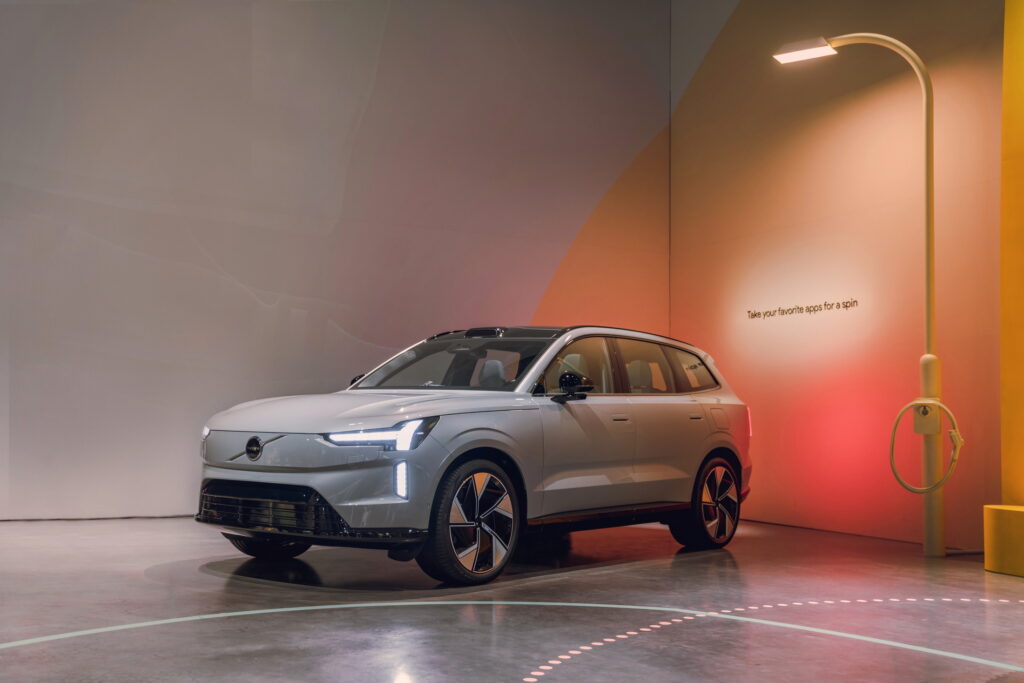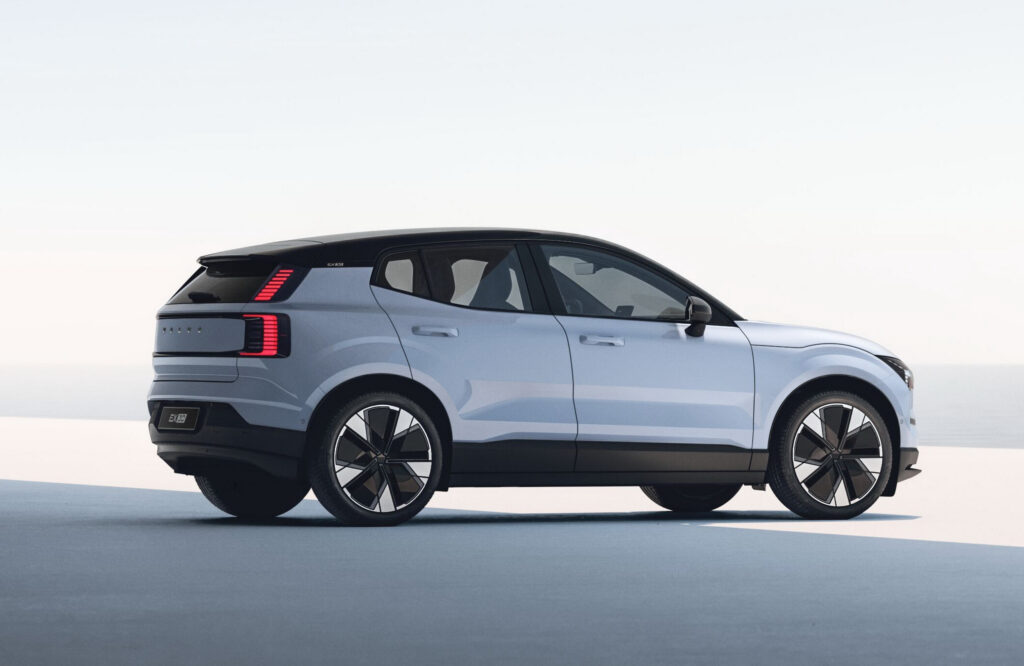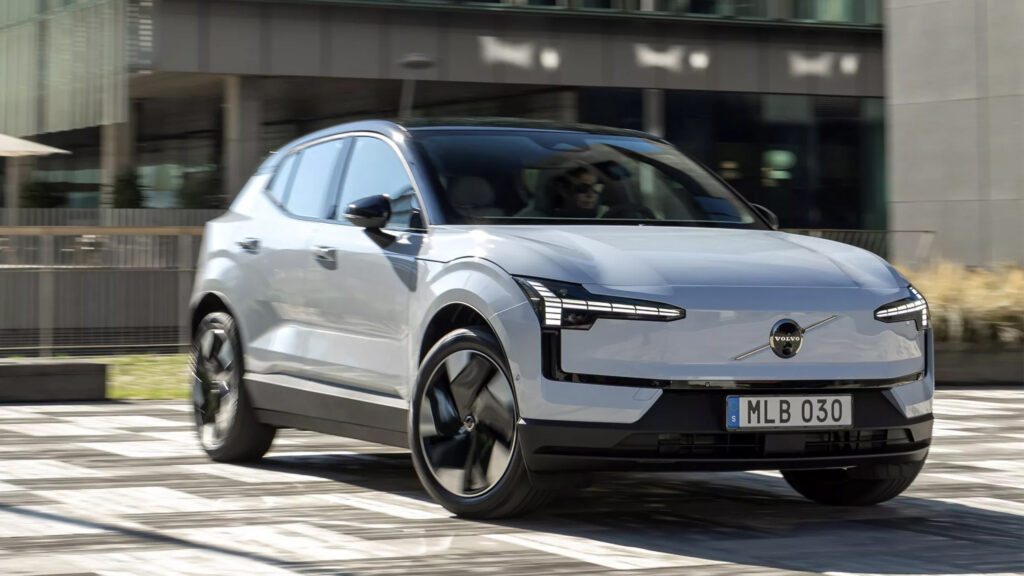- The EU is expected to slap Chinese-built EVs with tariffs of up to 30%.
- The EX30 and EX90 will be built at the company’s plant in Ghent, Belgium.
- European Commission could inform China of planned tariffs as early as this week.
Volvo has started shifting production of two of its Chinese-built EVs to Europe in preparation for tariffs the EU is expected to impose on Beijing-subsidized electric vehicles.
The car manufacturer had been considering halting sales of its Chinese-built EVs in Europe. However, unnamed sources say this won’t happen, and instead, Volvo will divert production of the EX30 and EX90 to Belgium. It may also shift the production of some models from the UK to Belgium.
Read: Volvo Finally Begins US Production Of EX90 Electric SUV After Buggy Problems
While a Volvo spokesman has told The Sunday Times it’s “premature” to draw conclusions about any steps the carmaker may take if tariffs are imposed, analysts say Volvo is one of the most exposed Western carmakers to new tariffs that could be instated. Currently, Chinese-made EVs are hit with a 10% tariff in the European Union, but this is tipped to increase to between 25% and 30%.
Sources say Volvo would be unable to afford to build the EX30 in China and then export it to Europe.
Production of the Volvo EX30 started in China late last year at the firm’s plant in Zhangjiakou. This site builds the EV for the Chinese and international markets. Volvo has long been planning to build the EX30 at its plant in Ghent, Belgium, and as of October last year, said it hoped to begin European production in 2025. It’s unclear if the threat of tariffs will speed up the introduction of local production.

The European Commission launched its investigation into Chinese EVs last October and believes their prices are being kept artificially low through “huge state subsidies.” The EU is expected to notify China of new tariffs this week, and the country will have four weeks to provide evidence to disprove the EU’s findings. In November, all member states must back a decision to apply tariffs permanently.
The Guardian reports the tariffs could consist of individual rates for companies investigated by the EU, an average tariff for companies that cooperated but were not thoroughly investigated, and a residual tariff for those that were not investigated at all.




